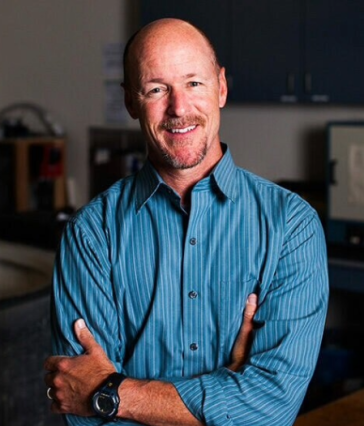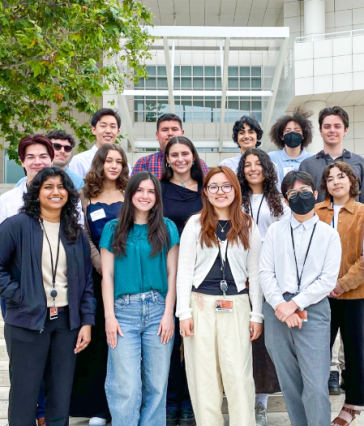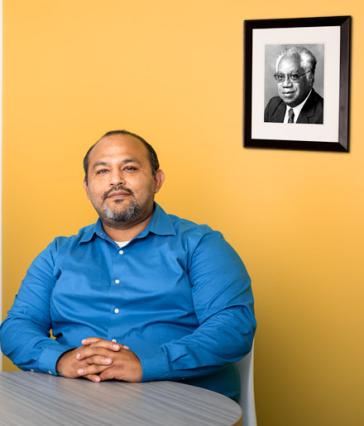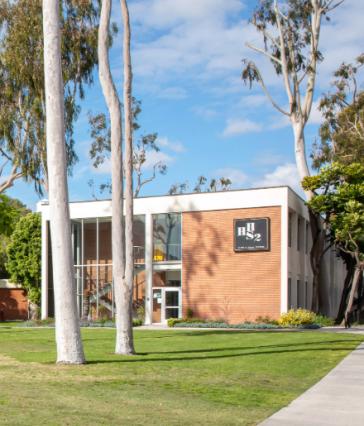Donor's support allows The Beach to elevate the community through Young Scientists Camp
Dr. Laura Henriques was nervous. She didn’t know how her Young Scientists' Camp at Cal State Long Beach was going to continue. Funding from a previous grant dried up and the money from donations and grants was running low.
Much of the funding needed was to help children who would not otherwise have access to the two-week summer academic camp held on campus. The camp enables students, in grades second through eighth, an opportunity to learn and discover hands-on exploration from experienced teachers, future teachers and science specialists.
Henriques, professor of Science Education for the past 26 years, started the camp in the late 1990s with a grant from National Science Foundation and today, 3,675 students, more than 800 of whom had experienced homelessness or were in a foster youth program, have taken part in science investigations, engaged with CSULB scientists and worked in the university’s science laboratories.
But in 2009, Henriques wasn’t sure how to tell the students the camp was in trouble. She needed to have all of the money in hand before making a commitment to holding the camp and she was coming up short.
“The foundation that provided the bulk of my funding shifted priorities and I was no longer eligible to get funding from them,” Henriques said.
Henriques shared her concerns with her father, Jeffrey Henriques, a longtime supporter of the university, who didn’t hesitate to open his wallet.
“With so many needy organizations soliciting funds, it is really nice to have one where you have direct knowledge of the people and programming,” Jeffrey Henriques said. “That makes giving more personal.”
Jeffrey Henriques continues to support the Young Scientist Camp and See Us Succeed, a science camp for Long Beach Unified students experiencing homelessness, giving young scientific minds the chance to learn in a safe and enjoyable environment.
Investments in the Young Scientists Camp Project and other campus programs are a priority of the university’s No Barriers comprehensive fundraising campaign.
“I was fortunate to be in a position to make a more significant contribution that kept the program going,” he said. “It seems like a worthwhile program to support, providing an opportunity for disadvantaged young people. This camp, for homeless and foster youth, might be something that sparks an interest in them. It’s an opportunity they might not otherwise have.”
Laura called her father’s involvement “wonderful and really important for the continuation of the camp that we provide to foster youth and youth experiencing homelessness.
“The encouragement and emotional support they have provided is really helpful, too.”
“I thought it was pretty cool that he was there with a gaggle of little girls who had no idea what we were doing in the wilderness,” Laura said. “As I got older, he and my mother both encourage and supported me in whatever I wanted to do.”
Jeffrey said he is proud of his daughter, who recently was honored with the Margaret Nicolson Distinguished Service Award for her contribution to science education and positive impact on the quality of science teaching. The award is presented by the California Association of Science Educators.
“I am proud of her. It is gratifying to see her be recognized by her peers for the excellent work she is doing, both at CSULB and for California’s science teachers,” he said.
“As a parent, we try to give our children both roots and wings. Laura has done that successfully – she is still connected to family and giving to her community, but she has also taken flight and made an impact to others. That is gratifying to me and my wife.”

















